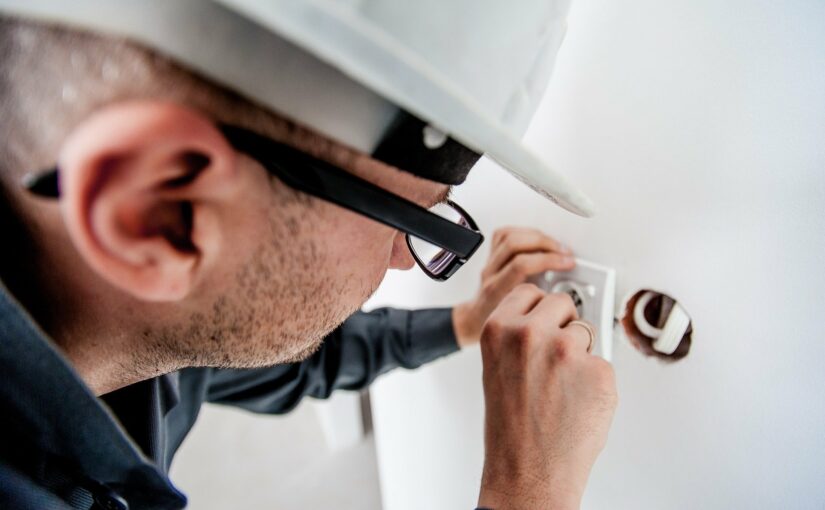Owning a rental property can be a quite lucrative investment. You are essentially able to build your assets, while having someone else foot the bill and cover the costs. But it’s important to get a full picture of what all of those costs may be, so you aren’t caught off guard and left in the red at the end of each month.
There are both regular monthly expenses that you’ll have to cover, as well as variable costs that can be recurring and anticipated or that can be unexpected. It’s important to plan ahead, especially when it comes to unexpected costs. Let’s take a look at what to expect from month to month.
Fixed Monthly Costs
Of course, you’ll have your mortgage costs to cover each month but what else should you anticipate paying out on a regular and ongoing basis?
Utilities
You’re going to have utility costs no matter what. But, depending on how your property is set up and where it’s located, those costs can vary quite significantly. When looking to invest in a rental property, remember to factor in the type of utilities you’ll be paying for and how that may change how much you set the rent at. Another big factor can be your tenants themselves, if they make use of their heat, hydro and water flippantly and without restraint.
Property Taxes
The good thing about property taxes is that you generally know what you’ll be paying out each year at the beginning of the year, making it easier to plan ahead. Property taxes can fluctuate greatly based on where you are located, so be sure to get this information before you close the deal on your rental purchase.
Insurance
While your renters can take care of their own renter’s insurance to cover their personal property, as the homeowner you will want to have your own insurance to cover the home itself. Your location will determine what type of coverage you may want to consider, based on what you may be prone to experiencing, such as earthquakes.
Variable And Unexpected Costs
You never know what the next month may bring, so it’s essential to plan ahead and keep a portion of the monthly rent collected aside for the unexpected. Here are just a few of the variable and hidden costs that you may be surprised with unexpectedly.
Gaps In Tenancy
While you have typically got anywhere from one to two month’s notice to replace a tenant, depending on your rental agreement, you may find yourself in the situation where that still isn’t enough time to find a suitable replacement to occupy your rental. If this is the case, you’ll be left to cover 100% of the costs until someone moves in. Before you purchase a rental property, realistically look at whether you can cover the costs of this if it sits vacant for any length of time.
Regular Maintenance
Landscaping, snow removal and routine clean up have got to get done. You can either take these tasks on yourself or you can outsource the work to someone else. Keeping up with your regular maintenance helps keep the value of your asset growing and prevents the property from falling into a dilapidated state.
Appliance Repair
Regular maintenance of appliances can help prevent a major repair, but as with anything, they are almost certain to break down at some point. Being prepared to either repair or replace a broken appliance expediently is important in maintaining a good tenant-landlord relationship, and in preventing your tenants from moving out if they aren’t provided with proper working appliances.
Emergencies
The unexpected always seems to happen at the worst possible time; Furnace decides to stop working at the first cold snap or the air conditioning breaks down in the middle of a heatwave. Having some of each month’s rent set aside in an emergency fund means, even though you may not be expecting an emergency to pop up, you’ll have the funds readily available to take care of things.
Planning ahead for your monthly rental property expenses can make becoming a landlord a very profitable endeavor. Remember that your rental property is a long-term investment that you will have to maintain properly in order to preserve its value and help it grow as an asset.
About the author
Emily Henry writes about property maintenance for EssayRoo and Buy Essay Online, as well as contributing as a tutor at BigAssignments.
Image by Michal Jarmoluk on Pixabay
